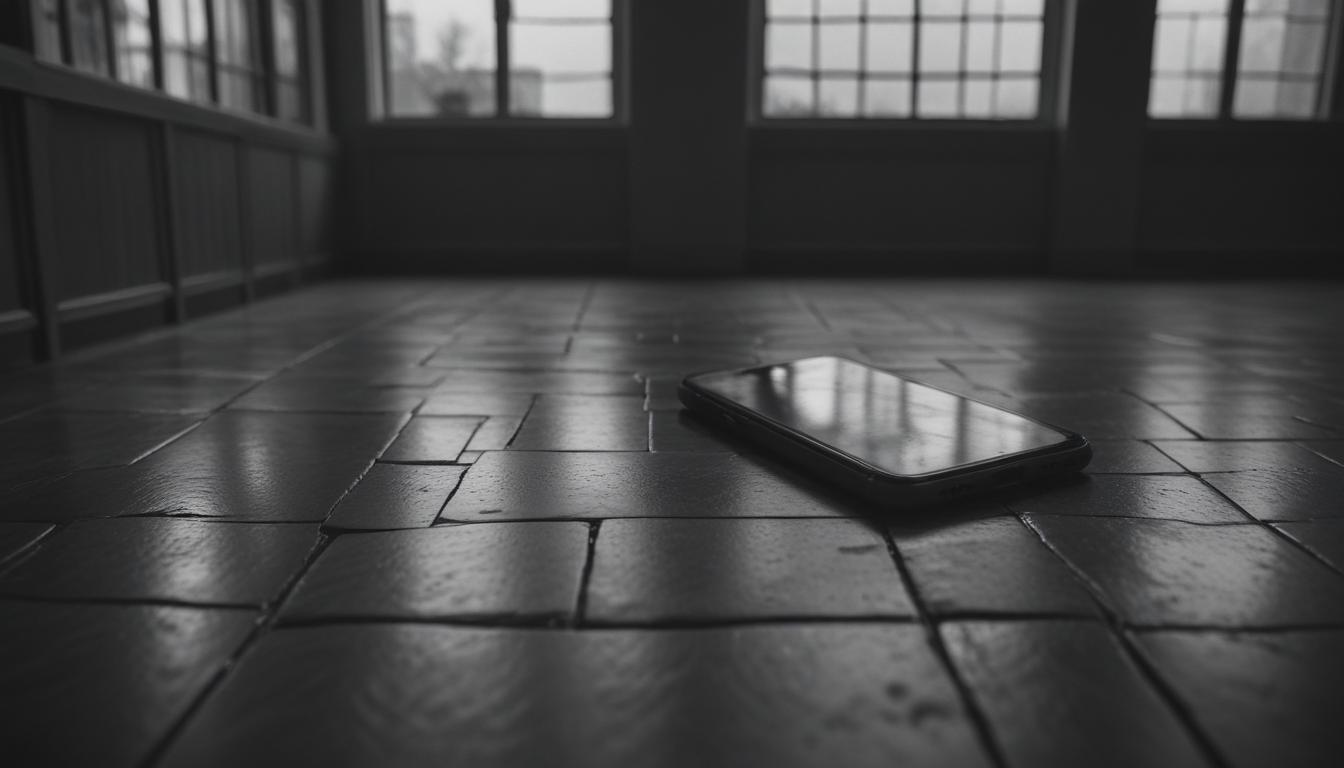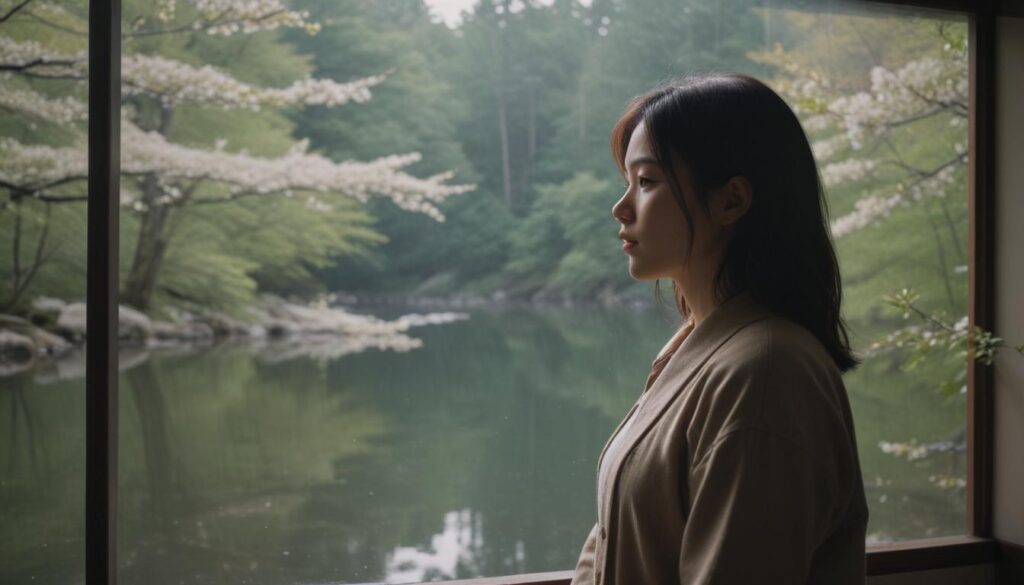Now Reading: Your Path to Self-Discovery Starts Alone
- 01
Your Path to Self-Discovery Starts Alone
Your Path to Self-Discovery Starts Alone

Find Yourself by Being Alone The Power of Solitude for Self Discovery
Does your phone feel like a permanent extension of your hand? Is your calendar a dizzying puzzle of work meetings, social obligations, and family commitments? In our hyper-connected world, the pressure to be constantly engaged, available, and “on” is immense. We rush from one task to the next, one conversation to another, rarely pausing to simply be. This relentless pace can leave you feeling disconnected not from others, but from the one person who matters most, yourself. You might even wonder, “Who am I outside of my roles and responsibilities?”
If this sounds familiar, the solution might feel counterintuitive. It’s not about adding another activity or self-help book to your to-do list. The solution is to subtract. The answer lies in intentionally choosing to spend time alone. Solitude is not the same as loneliness; it is a deliberate, restorative practice of turning down the volume of the world so you can finally hear your own inner voice. It is the most direct path back to understanding who you are, what you truly want, and what brings you genuine joy.
Unplug from the Noise to Hear Your Inner Voice
We are constantly bombarded with information, opinions, and expectations from the outside world. Social media feeds show us what our lives should look like, news headlines dictate our anxieties, and even well-meaning friends and family have their own ideas about what is best for us. All of this external noise can easily drown out our own intuition. It becomes difficult to distinguish between a desire that is authentically ours and one that has been subtly planted by society or our social circle.
When you deliberately create space for solitude, you give your mind a chance to detox. By putting away your phone, turning off the television, and stepping away from conversations, you create a quiet space for your own thoughts and feelings to surface. At first, it might feel uncomfortable or even boring. But as you persist, you will begin to notice a profound shift. You’ll start processing experiences on your own terms, untangling complex emotions without judgment, and asking yourself the big questions. This clarity is the foundation of self-discovery, allowing you to build a life that is aligned with your true values, not the values of others.

Nurture Your Creativity and Problem Solving Skills
Have you ever noticed that your best ideas seem to pop into your head while you’re in the shower, on a long drive, or taking a quiet walk? This is no coincidence. When our minds are not actively consuming new information, they enter a different mode of thinking, often called the “default mode network.” This is the state where our brain makes new connections, accesses memories, and engages in creative daydreaming. Constant stimulation robs us of this incredibly valuable mental state.
Spending time alone is a direct invitation to let your mind wander and create. Boredom, which we are so quick to cure with a scroll through our phones, is actually a powerful catalyst for creativity. It forces your brain to generate its own entertainment and solutions. Furthermore, when you are faced with a personal or professional challenge, sitting with it alone allows for deeper, more focused thinking. Without the immediate input of others, you are forced to explore the problem from every angle, relying on your own intellect and intuition to find a way forward. This practice not only sparks innovation but also builds incredible confidence in your own problem-solving abilities.
Build True Self Reliance and Emotional Strength
There is a significant difference between loneliness, which is a painful feeling of involuntary isolation, and solitude, which is the joyful and empowering choice to be with yourself. In a world that often equates being alone with being unwanted, learning to enjoy your own company is a revolutionary act of self-care. When you are comfortable and content in your own presence, your need for external validation diminishes. Your happiness is no longer dependent on having someone to talk to or something to do with others. You become your own source of comfort and entertainment.
This self-reliance is a cornerstone of emotional resilience. When you spend time alone, you are inevitably confronted with your own feelings, the good, the bad, and the uncomfortable. Instead of distracting yourself, you learn to sit with these emotions, observe them, and understand where they come from. This process teaches you that you can handle emotional turbulence without falling apart. You learn to self-soothe, to think rationally through anxiety, and to celebrate your joys without needing an audience. This emotional strength is a superpower that will support you through all of life’s challenges, making you a more stable and centered individual.
Simple Ways to Begin Your Journey with Solitude
Embracing solitude doesn’t mean you have to book a silent retreat or spend days in isolation. The key is to start small and be intentional. Begin by carving out just 10-15 minutes a day. You could take a short walk without headphones, simply sit in a park and observe the world around you, or enjoy your morning coffee by a window without checking your email. The goal is not to “do nothing,” but to be present with yourself without external distractions.
As you become more comfortable, you can gradually extend the duration and variety of your solo activities. Schedule a “date” with yourself. This could be a trip to a museum, a solo lunch at a cafe you’ve wanted to try, a long hike in nature, or even an evening at the movies by yourself. Treat this time as sacred—put it in your calendar just as you would an important meeting. By consistently making space for solitude, you will find it transforming from an unfamiliar practice into a cherished ritual that nourishes your soul and reconnects you to your most authentic self.



































